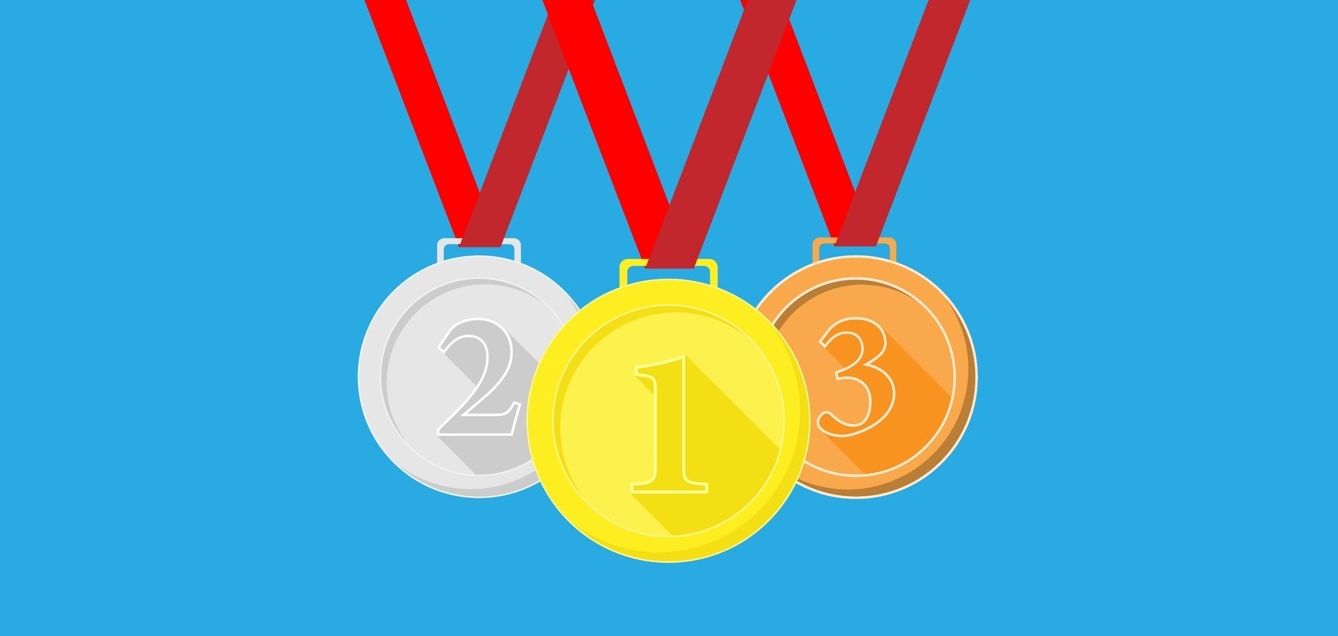Basel, 28 July 2021: As a criminal defence lawyer, my primary knowledge of “fencing” concerns the illegal practice of knowingly acquiring stolen goods and selling them for profit. Now, I’m more familiar with terms such as en-guarde, counter-parry and corps-a-corps after watching Edgar Cheung’s fencing triumph at the Tokyo Olympics on Monday. In winning the individual foil competition, Edgar earned only Hong Kong’s second-ever gold medal – after famed windsurfer Lee Lai-shan – and our first since the Handover.
This morning has brought more joy for our city with Siobhan Haughey’s astounding swim (knocking almost a second off her previous best time) to win silver in the women’s 200m freestyle. It is already Hong Kong’s most successful Olympics and we’re only on day five. There are hopes for more medals in badminton and cycling, at least.
While applauding Edgar and Siobhan’s magnificent achievements, which have given the whole city a lift, perhaps we can have a conversation about health, particularly the benefits of sports participation. Children and teenagers who play sport regularly are usually more healthy; they learn how to overcome adversity; sport teaches them life skills such as respect, teamwork and communication; and it gives them confidence. Hong Kong’s education-conscious parents should also take note that numerous studies prove sporting prowess and academic achievement go hand in hand.
Yet a citywide health survey by the government four years ago painted a damning picture of dietary habits and exercise levels in Hong Kong, revealing half of our citizens aged 15 or older to be overweight or obese. A report by the Legislative Council Secretariat six months ago noted one in six adults aged 18 or above have insufficient exercise based on World Health Organisation recommendations, while 90% of primary and secondary students are not meeting WHO standards of daily physical activity. Covid-19, with schools closed for much of last year, has exacerbated this, causing youngsters to gain up to 3kg in weight during home learning, according to a Chinese University study. Throw in lengthy closures of tennis courts, swimming pools, beaches, multi-sports venues, gyms and even golf courses and it is clear our population’s physical and mental health have been compromised.
Sports facilities are open again and online schooling has disappeared, thankfully, but the pandemic is still very much with us. How does Hong Kong move forward? There are growing calls for our government to rethink its “zero Covid” strategy, which is being pursued with the aim of reopening the border with mainland China, and instead “live with the virus”, as many other jurisdictions are choosing. And these views are now coming from the medical sector, not just the business community.
Professor Ben Cowling, epidemiologist at the University of Hong Kong, told the South China Morning Post this past weekend: “We will certainly have to live with the virus at some point, unless we are planning to stay in our ‘zero Covid’ bubble for the foreseeable future.” His views are echoed by peers who note the 70% vaccination threshold for achieving herd immunity is now outdated due to faster-spreading virus variants. Professor Cowling, of course, is familiar to many of you via his monthly podcasts with Dr David Owens. I recommend their latest episode in which they discuss the evolving public health strategies playing out in different parts of the world. For the record, health officials confirmed just one new (imported) Covid-19 case yesterday, pushing the cumulative total to 11,979, with 212 related fatalities. Our city has now gone 50 days without a local infection. Just over 41% of the population have received at least one vaccine dose.
Switzerland, where I’m in the second week of an extended break, is one such nation living with the virus. Mask wearing is no longer required outdoors and most social distancing curbs have been dropped, despite a surge in new infections driven by the Delta variant. This country – which has a population just 1.1 million bigger than Hong Kong’s, remember – recorded 849 new infections on Monday although hospitalisations remain relatively low.
Taking the view that fresh air and exercise (plus, of course, vaccination) are the best ways to combat Covid-19, this traveller is about to go hiking in the Alps. I’m looking forward to celebrating Swiss National Day on Sunday but, alas, I shall miss grandson Nathan’s seventh birthday party on 6 August. Typifying these times, I will join in via Zoom. I will also take another opportunity to listen to our firm’s latest Law & More podcast, this one featuring former Court of Final Appeal judge Michael Hartmann. His views on judicial independence and the future of Hong Kong are well worth hearing. My holiday proper starts here, so my next blog will be on 18 August, by which time I will be almost a week into my quarantine in Hong Kong.
Ah yes, quarantine, what a pleasant prospect. If Hong Kong’s Olympic medals were unforeseen, the least surprising news this week is that our government has delayed its much-anticipated plan to set up antibodies tests at Hong Kong airport for returning residents. The idea was, produce a positive result and you can have your quarantine halved. But not yet. So, from mid-August, this Covid-negative, fully vaccinated and fit-as-a-fiddle citizen will be spending 14 days in a hotel room, windows sealed, breathing in recycled air, with meals delivered to his door, no laundry service and no face-to-face contact. No one will ever convince me this is sensible. Certainly, it’s not healthy.
Stay safe and well, everybody!
Colin Cohen
Senior Partner
Boase Cohen & Collins



